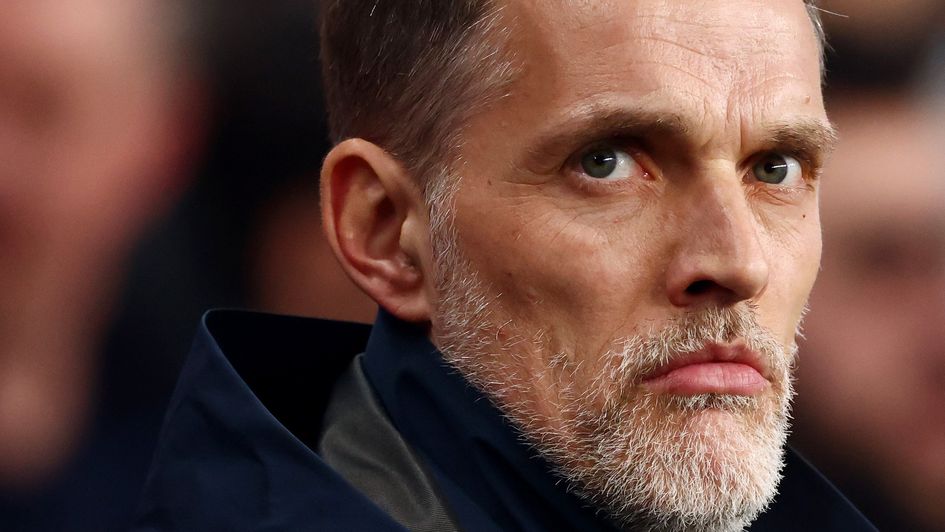For all the excitement in the run up to Thomas Tuchel’s grand Wembley debut it was always going to feel like a bit of a damp squib in the end. Two efficient and unspectacular wins - more or less identical to any of the last eight years of qualifiers under Gareth Southgate - was the only way his first weekend could have gone.
There really isn’t an alternative when it comes to England qualifiers. Southgate perfected them. Dominate possession against a deep-lying defence terrified of England’s superiority; have your star players score a couple of goals; look competent but vaguely dull for the rest of the 90 minutes.
We didn’t learn much from the matches themselves, then, but they did serve as a reminder that managing England has almost nothing to do with what happens in front of a disinterested Wembley crowd in March.
Eighteen months of fretting over the Tuchel era will, at best, come down to four knockout ties in June and July 2026, and none of those matches – not tactically, technically, or psychologically – will have anything in common with games against Albania and Latvia.
Maybe in glimpses we can ascertain how Tuchel’s England might look in the latter stages of the World Cup, but even these conclusions should be taken with a heavy pinch of salt.

Jude Bellingham and Curtis Jones (then Morgan Rogers) floating higher as double tens, with Bellingham England’s star player free to drop deep and make runs ahead of Harry Kane, stood out, as did using inverted full-backs to help control midfield, albeit at the expense of support for wingers expected to dribble directly at the opposition.
There was also a desire to play a more high-tempo and progressive style, not because that’s the tactical blueprint for success but because doing so may give England’s players a sense of purpose and self-belief they so clearly lacked in those fading semi-final and final performances under Southgate.
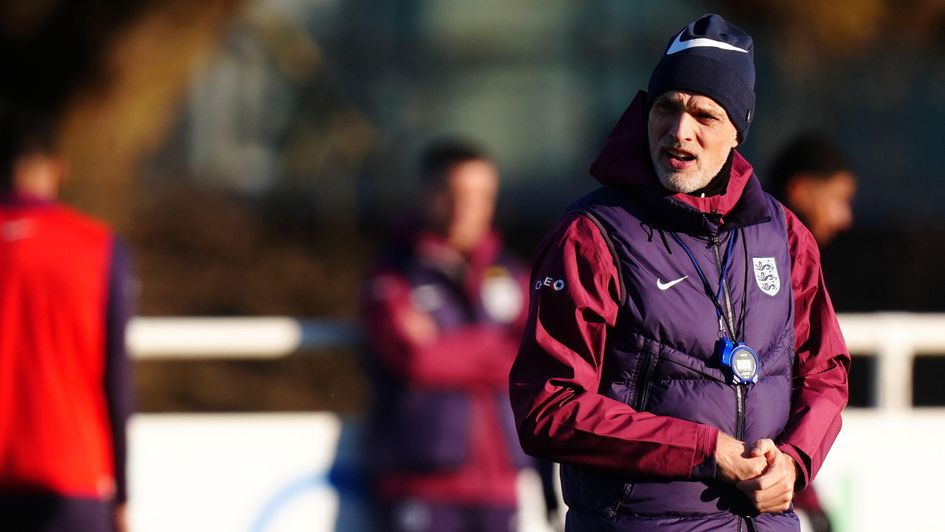
But in all honesty most of what’s written is simply to fill the vacuum. Analysing these games is like watching Manchester City beat Southampton in August sunshine and trying to ascertain whether Pep Guardiola’s side have what it takes to win the Champions League.
Instead what we ought to do is start our analysis at the other end and work backwards. The question that really matters is whether by the summer of 2026 England will have the first XI, plus three or four substitutes, required to go all the way. The cold hard quality of the team, and a natural balance between its constituent parts, will ultimately mean a lot more than whether or not Tuchel turns the tactical dial by a couple of degrees.
Attack all good
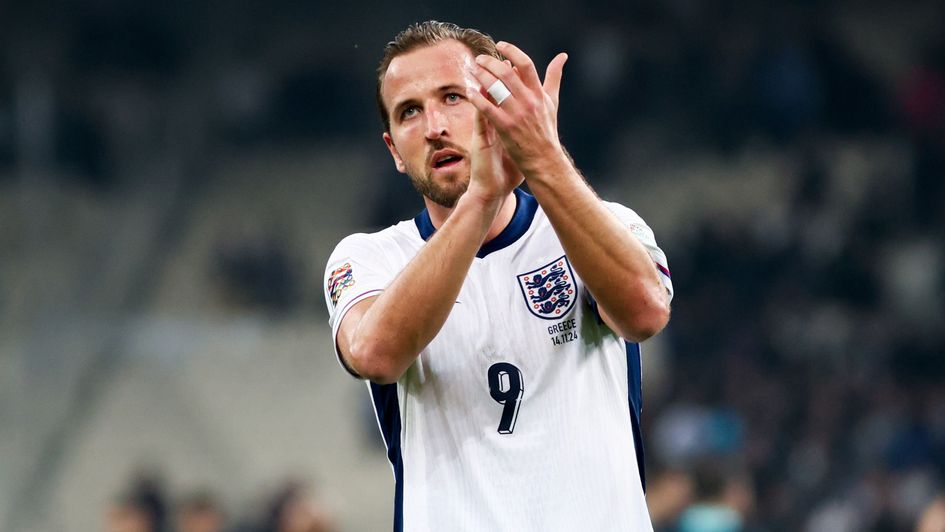
In the final third, the answer is an emphatic yes.
Assuming Kane is still at the top of his game by next summer England will be ridiculously stacked on all sides of him: Cole Palmer and Bellingham vying for number ten (or playing here together); Bukayo Saka and Ethan Nwaneri for the right; Phil Foden and Anthony Gordon for the left.
And that’s without even finding space for Rogers, Noni Madueke, Jack Grealish, Morgan Gibbs-White, Marcus Rashford, and Tyler Dibling.
Midfield options aplenty
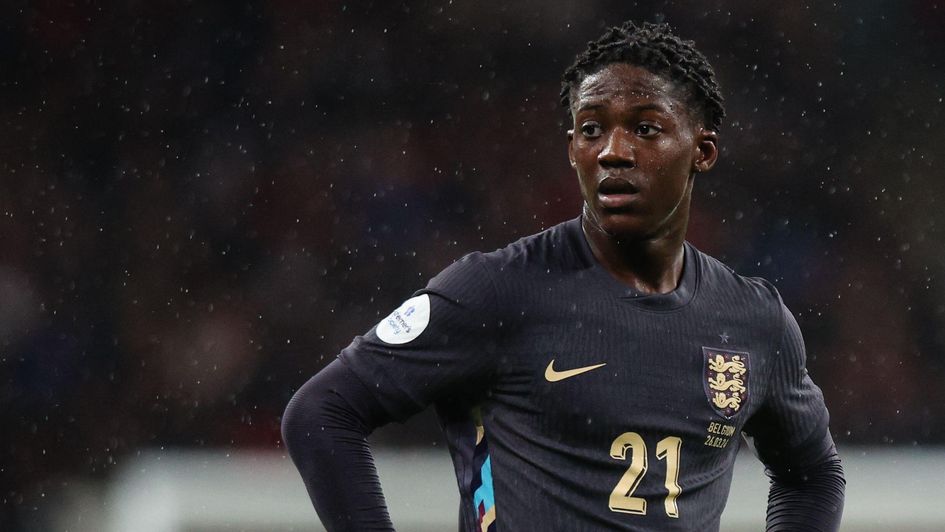
Where it gets interesting is central midfield, an area of historic weakness – particularly in terms of bringing players off the bench – but now looking (almost) worthy of Spain’s or Brazil’s.
One would hope Kobbie Mainoo and Adam Wharton have fully matured into elite players by 2026, ready to support Declan Rice and Jones.
England have become so used to scratching their heads over how to formulate a central midfield we have probably lost sight of the fact you only need four eights/sixes. That’s a four to cover all bases, especially if Tuchel wants to use Miles Lewis-Skelly as an auxiliary midfielder.
Defence the real issue

But just as one issue is solved, another emerges. John Stones doesn’t seem likely to ever fulfil that early potential.
Harry Maguire is going backwards. Dan Burn is having a good moment but at 32 probably won’t be a starter in summer 2026. And while Marc Guehi and Ezri Konsa are superb centre-backs it’s fair to say England lack a real leader in defence; a Virgil van Dijk-like character to physically and verbally impose dominance.
This is a particular problem when considering that England’s full-backs have gradually merged into strong attackers but weaker defenders. Kyle Walker is unlikely to last while Luke Shaw and Reece James are injury prone, bringing defensively-vulnerable players like Lewis-Skelly and Trent Alexander-Arnold to the fore.
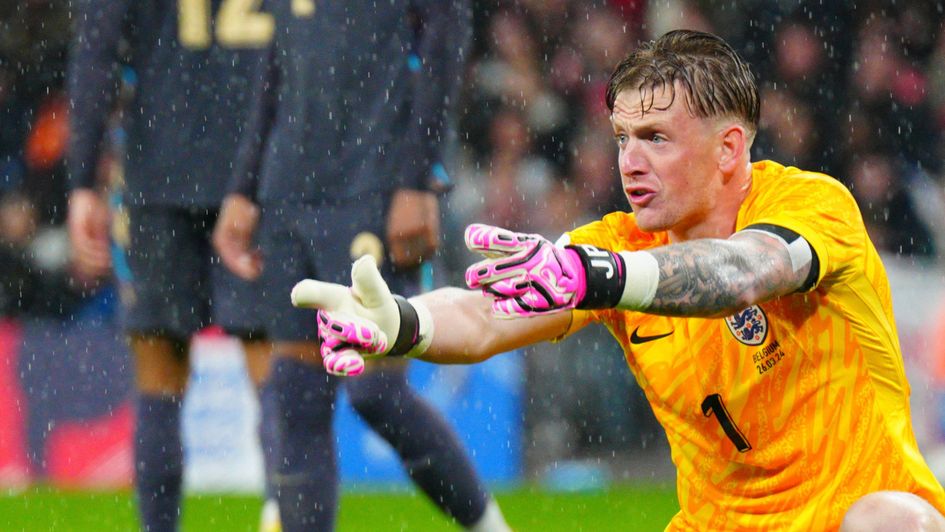
To top it off, Jordan Pickford isn’t commanding enough outside the penalty area nor good enough with his feet, as we saw in the miscommunication with Guehi that should have gifted Latvia a 1-0 lead. Tuchel, it seems, is stuck with a shaky and lopsided back four.
And that, in the end, is of far greater consequence than who is in the England dugout and how they go about beating minnows in the qualifiers.
Every World Cup this century has been won by the pre-tournament favourites; by the nation with the best players, not the one with the most tactically-astute manager or most-impressive winning streak in qualifying.
England might have the best in the world in attack. But those defensive frailties are likely to sabotage Tuchel’s mission.
More from Sporting Life
- Fixtures, results and live scores
- Expert xG analysis and features
- Transfer news and done deals
- Football and other sports tips
- Download our free iOS and Android app
- Podcasts and video content
Safer gambling
We are committed in our support of safer gambling. Recommended bets are advised to over-18s and we strongly encourage readers to wager only what they can afford to lose.
If you are concerned about your gambling, please call the National Gambling Helpline / GamCare on 0808 8020 133.
Further support and information can be found at begambleaware.org and gamblingtherapy.org.






